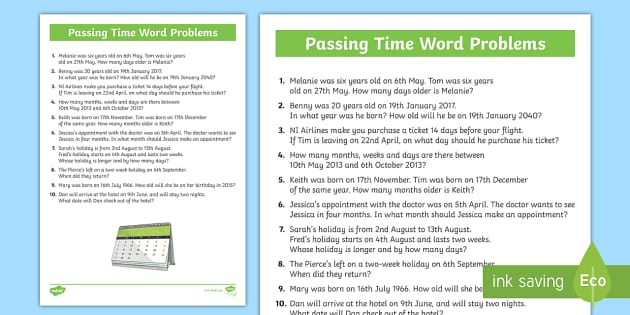

In other cases, season passes cover the content of a game for a limited period of time, on the order of months to years, which allow the developer to continue to add more content in lieu of developing a wholly new title as to continue to draw in revenue. Season passes may cover all planned expansion content for a game and represents a one-time purchase. Many season passes state the type of content that players will get even though the exact content may be unknown at the time. Once purchased, the player gains all content that has been released to date under that season pass and eligible for future, unannounced content.

Season passes may be available to purchase alongside the game prior to its release, or may be available after the game's release.

Season passes can be controversial because the contents of a season pass are not fully itemized beforehand or may not contain all planned DLC, with some instances of season passes being called scams by the gaming press. First introduced around 2011, the use of season passes became commonplace among triple-A and mobile game publishers by the end of the 2010s. The name originates from the concept of a season ticket for sports (although more akin to acquiring the box set of a season from a TV series). A game may have a single season pass or, for some lifestyle games, new season passes over time. A season pass is a form of video game monetization in which consumers purchase a discounted package for current and future downloadable content (DLC) packs for a video game atop its base cost.


 0 kommentar(er)
0 kommentar(er)
